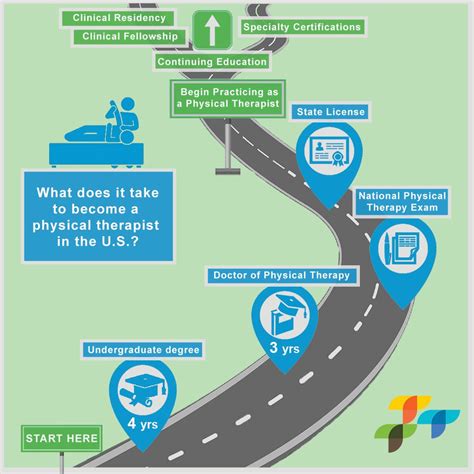Physical therapy is a rewarding career that empowers individuals to regain mobility, reduce pain, and improve their overall well-being. To become a physical therapist, you will need to complete a comprehensive undergraduate program that provides the foundational knowledge and skills required for this dynamic field.

Understanding the Majors
The primary major for physical therapy is:
1. Exercise Science
Exercise science focuses on the study of human movement, physiology, and biomechanics. This major provides a strong foundation in the principles of anatomy, kinesiology, and exercise physiology, which are essential for understanding how the body functions and responds to rehabilitation interventions.
Additional Majors to Consider
In addition to exercise science, there are several other majors that can provide a solid foundation for physical therapy programs:
2. Biology
Biology courses cover the intricacies of the human body, including its structure, function, and cellular processes. This knowledge is crucial for understanding the pathophysiology of injuries and diseases that physical therapists treat.
3. Kinesiology
Kinesiology focuses on the analysis of human movement, including biomechanics, motor control, and exercise physiology. This major provides insights into the mechanical and neuromuscular factors that affect movement and can inform rehabilitation strategies.
4. Health Sciences
Health sciences programs offer a broad understanding of health and wellness, including anatomy, physiology, nutrition, and disease processes. This foundation is valuable for physical therapists as they work with patients with various health conditions.
Choosing the Right Major
When selecting a major for physical therapy, consider your interests, strengths, and career goals. Exercise science provides a direct and comprehensive pathway, while other majors offer a more specialized or interdisciplinary approach. Research different programs and talk to advisors and professionals in the field to determine the best fit for your aspirations.
Physical Therapy Prerequisites
Regardless of your chosen major, you will need to complete specific prerequisite courses for physical therapy programs, typically including:
- Anatomy and Physiology
- Physics
- Chemistry
- Psychology
- Statistics
Undergraduate Research and Experience
Gaining hands-on experience and conducting research can enhance your application for physical therapy programs. Volunteer or work in physical therapy clinics, shadow physical therapists, or participate in undergraduate research projects. These experiences will provide valuable insights into the profession and strengthen your understanding of the field.
Career Outlook
According to the U.S. Bureau of Labor Statistics (BLS), the job outlook for physical therapists is projected to grow 19% from 2020 to 2030, much faster than the average for all occupations. This growth is attributed to the aging population and increasing demand for rehabilitation services.
Benefits of a Career in Physical Therapy
Physical therapy offers a fulfilling career with numerous benefits, including:
- Job Security: The aging population and rising healthcare needs create a high demand for physical therapists.
- Personal Satisfaction: Empowering individuals to improve their mobility and well-being brings a sense of fulfillment.
- Flexibility: Physical therapists can work in various settings, including hospitals, clinics, schools, and rehabilitation centers, offering flexibility in work arrangements.
- Career Advancement: With experience and additional education, physical therapists can specialize in specific areas or pursue management roles.
Conclusion
Choosing the right major for physical therapy is a crucial step in pursuing this rewarding career. Exercise science provides a direct pathway, while other majors offer a specialized or interdisciplinary approach. Consider your interests, strengths, and career goals to determine the best fit for your aspirations. By acquiring the necessary knowledge, skills, and experience, you can become an effective and compassionate physical therapist who makes a meaningful impact on the lives of others.
